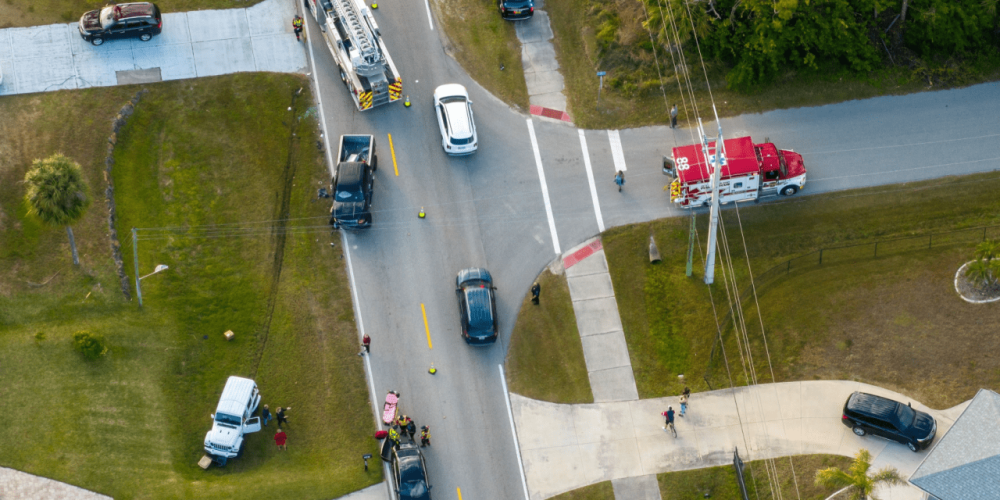Legal Classifications: Is Drunk Driving a Serious Offense Under Law
Yes, drunk driving is considered a serious criminal offense that can carry criminal penalties, including potential felony charges, license suspension, fines, and incarceration. According to the NHTSA, drunk driving causes over 10,000 deaths annually in the United States.
Is drunk driving a serious offense in the eyes of the law? Absolutely. Driving under the influence (DUI) or driving while intoxicated (DWI) represents one of the most prosecuted criminal offenses in America. The National Highway Traffic Safety Administration (NHTSA) classifies impaired driving as a major traffic safety concern requiring immediate intervention.
Generally, most states classify drunk driving as a misdemeanor for a first offense; however, repeat violations or aggravating factors can elevate the charge to a felony. Additionally, BAC levels of 0.08% or higher constitute legal intoxication for drivers over 21, whereas commercial drivers face stricter 0.04% limits.
Criminal Penalties and Legal Consequences
As a result, first-time drunk driving offenses often result in license suspension, monetary fines, and the possibility of jail time, depending on the circumstances and applicable law. However, the severity increases dramatically with subsequent violations.
Repeat offenses may involve enhanced penalties, longer license restrictions, and additional compliance requirements, depending on the facts of the case. Understanding DUI/DWI laws becomes crucial for anyone facing these charges, as penalties vary significantly by state jurisdiction.
Statistical Impact: Why Drunk Driving Remains Serious
The Centers for Disease Control and Prevention (CDC) reports that 29 people die daily in drunk driving crashes—one death every 50 minutes. These statistics help explain why impaired driving is treated as a serious public safety issue under the law.
Economic costs exceed $44 billion annually, including medical expenses, legal proceedings, property damage, and lost productivity. Beyond financial impact, drunk driving destroys families, careers, and communities through preventable tragedies.
Long-term Consequences Beyond Criminal Court
Is drunk driving a serious offense regarding future opportunities? Criminal convictions create lasting consequences extending far beyond immediate legal penalties. Background checks reveal DUI convictions to potential employers, landlords, and educational institutions.
Professional licenses in healthcare, education, finance, and transportation face suspension or revocation following drunk driving convictions. Insurance premiums may increase for a period of time following a drunk driving conviction. The Federal Motor Carrier Safety Administration (FMCSA) maintains strict commercial driving disqualifications for impaired driving violations.
Prevention Strategies: Avoiding Serious Legal Troubles
Preventing drunk driving requires planning and personal responsibility. Designated drivers, rideshare services, public transportation, and staying overnight provide safe alternatives to impaired driving.
Technology assists through smartphone apps tracking BAC levels and blocking vehicle operation when alcohol is detected. Many states require ignition interlock devices for convicted offenders, demonstrating the technology’s effectiveness in preventing repeat violations.
Detailed information about state-specific DUI/DWI laws helps individuals understand local penalties and legal requirements. Knowledge empowers better decision-making and legal compliance.
Expert Guidance: Understanding Serious Legal Implications
Is drunk driving a serious offense requiring professional legal representation? Given the complex legal landscape and potential consequences, some individuals may wish to consult a DUI attorney when facing charges.
Legal professionals navigate plea negotiations, evidence challenges, and sentencing alternatives like treatment programs or community service. Early intervention often produces better outcomes than attempting self-representation in these serious criminal proceedings.
Get Professional: Legal Help for Serious Charges
Facing drunk driving charges requires immediate action and expert legal guidance. Attorneys can explain the legal process, available options, and procedural considerations related to DUI charges.
Don’t handle serious drunk driving charges alone. Individuals facing drunk driving charges may choose to contact a DUI attorney to discuss the charges and understand the legal process.
Frequently Asked Questions About the Seriousness of Drunk Driving
1. Is drunk driving a serious offense for first-time offenders?
Yes, even first-time drunk driving offenses carry serious criminal penalties including potential jail time, license suspension, and substantial fines.
2. How serious is drunk driving compared to other traffic violations?
Drunk driving ranks among the most serious traffic offenses, often classified as criminal misdemeanors or felonies rather than simple traffic infractions.
3. Is drunk driving a serious offense that affects employment?
Yes, drunk driving convictions appear on criminal background checks and can seriously impact employment opportunities in many professions.
4. What makes drunk driving such a serious offense legally?
The combination of public safety risks, high fatality rates, and potential for repeat violations makes drunk driving a particularly serious criminal offense.
5. Is drunk driving a serious offense worth hiring an attorney for?
Absolutely, the serious nature of drunk driving charges and their long-term consequences justify investing in professional legal representation.
Key Takeaways
- Drunk driving constitutes a serious criminal offense with severe legal penalties and long-term consequences
- First offenses typically result in license suspension, substantial fines, and potential imprisonment
- Repeat violations escalate to felony charges with mandatory minimum sentences
- Criminal convictions create lasting employment, housing, and professional licensing difficulties
- Professional legal representation becomes essential given the serious nature of these charges








